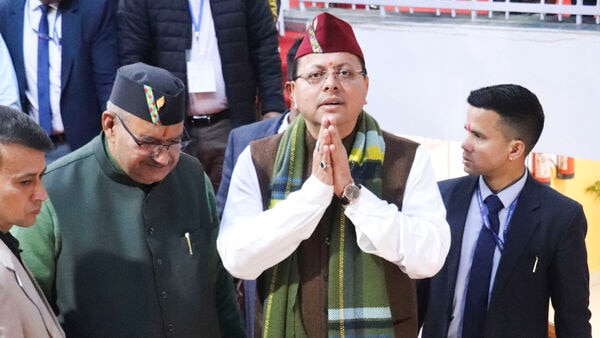The recent passage of the Uniform Civil Code (UCC) Bill by the Uttarakhand Assembly marks a significant development in India’s legal landscape. The UCC seeks to replace existing personal laws based on religion with a common set of rules governing matters such as marriage, divorce, inheritance, and adoption for all citizens, irrespective of their religious affiliation. While the bill’s passage in Uttarakhand represents a step towards its implementation at the state level, its broader implications and potential challenges warrant careful consideration.
Proponents of the UCC argue that it promotes gender equality, social justice, and national integration by fostering a sense of unity among diverse communities. By establishing uniform laws applicable to all citizens, regardless of religious beliefs, the UCC aims to eliminate discriminatory practices embedded in religious personal laws, particularly those disadvantaging women. Advocates view the UCC as a progressive reform aligned with the principles of secularism and constitutional rights.

SOURCE:- NEWS18
However, the implementation of a UCC faces several challenges, including political, legal, and socio-cultural considerations. One of the primary hurdles is navigating the complex interplay between religious traditions, customary practices, and constitutional provisions. Critics contend that imposing a uniform code could infringe upon religious freedom and cultural autonomy, potentially leading to social unrest and resistance from religious minorities. Additionally, the diversity of India’s religious and cultural landscape poses practical challenges in formulating a comprehensive and acceptable set of laws that accommodate various traditions and beliefs.
SOURCE:- IBC24
The passage of the UCC Bill in Uttarakhand reflects the Bharatiya Janata Party’s (BJP) commitment to its ideological agenda, including the promotion of Hindutva and uniform civil laws. The BJP’s emphasis on a common civil code resonates with its nationalist rhetoric and vision of a unified, homogenous Indian identity transcending religious divisions. However, critics accuse the BJP of using the UCC as a tool to advance its political agenda, rather than genuinely addressing the complexities of personal laws and social justice.
Moreover, the implementation of a UCC requires careful deliberation, consultation with stakeholders, and consensus-building to ensure widespread acceptance and legitimacy. State governments play a crucial role in enacting and enforcing civil laws, highlighting the need for a collaborative approach between the central and state authorities. Furthermore, effective implementation mechanisms, including legal frameworks, judicial interpretation, and public awareness campaigns, are essential to facilitate the transition to a uniform legal regime while mitigating potential conflicts and challenges.
the passage of the UCC Bill by the Uttarakhand Assembly underscores the ongoing debate surrounding personal laws, secularism, and social justice in India. While proponents view the UCC as a progressive reform promoting equality and national integration, its implementation faces formidable challenges related to religious diversity, legal complexities, and socio-cultural dynamics. Moving forward, a nuanced and inclusive approach is imperative to navigate these challenges and realize the vision of a just and harmonious society governed by uniform civil laws.
Share your views in the comments

